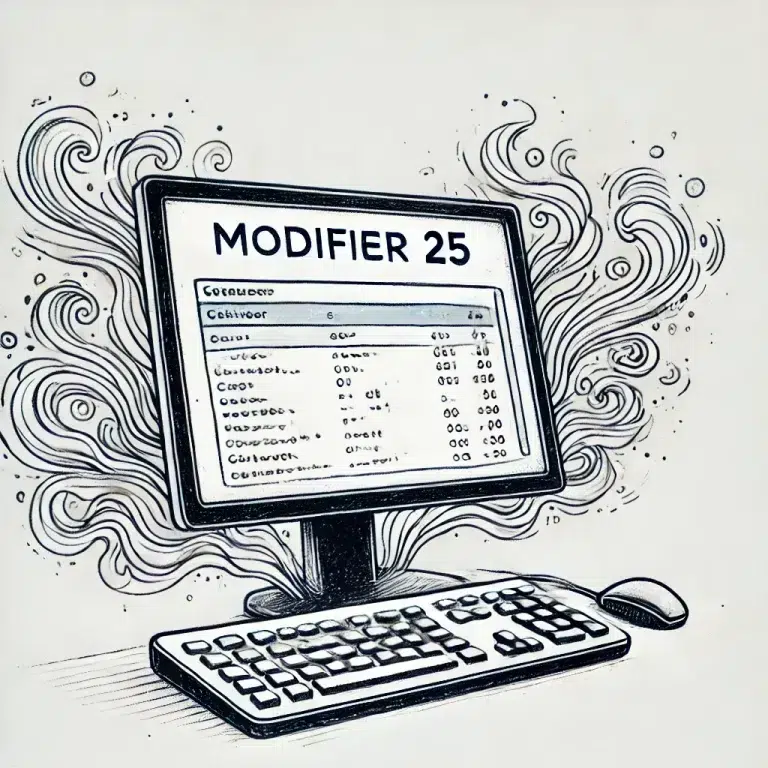Hiring an Aud Tech or HIS to support the practice’s audiologists is a win-win. Your audiologists get to focus on patients while the Aud Tech or HIS performs routine tasks. The tasks these support staff can perform and bill for are based on regulatory requirements and insurance policies. Unfortunately, there isn’t a clear-cut guide stating what those services are because there are so many variables involved. In this Ask Fuel First article, we discuss some of those variables when answering the question: What Aud Tech and HIS services can I bill for?
Before diving into what Aud Tech and HIS services can be billed, it’s important to consider the scope of practice for each of these team members. A licensed HIS can perform hearing tests for the purposes of fitting amplification and can sometimes do diagnostic hearing tests. They can take the lead in helping patients select hearing aids based on their unique preferences and ensure earmolds fit well in addition to programming, troubleshooting and maintaining hearing aids (see the Ask Fuel First article “When Is the Right Time to Hire an Aud Tech or HIS?” for more details).
For Aud Techs, there is no national license, but you should check with your state to ensure they follow basic guidelines. Highly trained Aud Techs can perform hearing tests and provide support for patients and audiologists. We suggest you train your Aud Tech to answer basic questions, instruct patients on changing batteries, explain how to connect to other devices and demonstrate proper cleaning of hearing aids. They can also order hearing aids from manufacturers, record inventory and help patients schedule follow-up appointments. If you plan to hire or advance a current employee’s career trajectory to Aud Tech, consider enrolling them in Fuel Medical’s Aud Tech program (see your regional team for more information).
Now that you know some of the services that Aud Techs and HISs can provide, here are some billing codes to consider and some to avoid.
CTP 92557
One of the most common billing codes used in audiology is CPT 92557 (Comprehensive Audiological Evaluation). According to Michelle Netoskie, Fuel Medical’s Billing, Coding & Compliance Manager, this code also has the most confusion surrounding it because CPT 92557 doesn’t have a technical and professional component.
To understand what a technical and professional component means, think about an X-ray. The technician puts you in the booth and takes the X-ray, which is the technical piece. The professional piece is when the radiologist reads it. Because CPT 92557 doesn’t have that component, such as in the case of the X-ray, Medicare does not allow for Aud Tech or HIS to bill for this test, so neither Aud Techs nor HISs can perform audiograms with this code. However, other insurance companies may allow them to do so, even without the technical component.
On the other hand, if a practice doesn’t have contracts with any insurance companies, an audiogram performed by an Aud Tech or HIS is acceptable because insurance rules don’t apply. However, be sure to check state guidelines where the practice is located.
Audiological Function Tests
Audiologic Function Tests (CPT codes 92550 through 92700) include various diagnostic evaluations, like OAEs and VNGs. Some of these tests have a technical and professional component, so an HIS or Aud Tech should be able to perform them. In these cases, the HIS or Aud Tech does the technical part (the test), and the ENT or audiologist does the professional part (the written interpretation) and is billed under the ENT. An audiologist cannot be the billing supervisor of an HIS.
V Codes
V codes are used to bill for hearing aids and supplies, such as behind-the-ear, in-the-ear and in-the-canal hearing aids (V5190–V5215). Practices often use a V code to bundle services and hearing aids or just the hearing aids by themselves. Some codes can be used for services provided by HISs, such as the following:
- V5010: Assessment for hearing aid
- V5011: Fitting/Orientation/Checking of hearing aid
- V5014: Repair/Modification of a hearing aid
Remember, you cannot bill Medicare using V codes because Medicare doesn’t pay for hearing aids. Also, check your contracts with individual insurance companies to ensure these codes meet their requirements.
Evaluation and Management Codes
E/M (evaluation and management) codes are generally used for office visits for new or established patients. They cannot be used for Aud Techs or HISs. Only a “qualified health care professional” (QHP) can provide services under these codes. Medicare says audiologists are only allowed to bill for diagnostic services—not treatment services—which means even audiologists cannot bill Medicare using E/M codes. CPT (current procedural terminology) also considers QHPs as practitioners. Therefore, E/M codes only apply to an ENT, PA, NP or CNS. Some states and commercial payers allow an audiologist to bill E/M codes. Check your payer contracts and state rules. Also, ensure that there is documentation to support the E/M service. The documentation must demonstrate that the services are above and beyond the work of any diagnostic procedure performed that day.
Out-of-Pocket Payments
Some patients may decline insurance benefits and pay out-of-pocket for services and devices. This may occur because they want different or additional services/devices than what their benefits plan offers. Hearing aids are not covered by traditional Medicare, so these patients must pay out-of-pocket. In these cases, the list of Aud Tech and HIS services you can bill for grows exponentially. You only need to ensure you aren’t violating federal or state regulations for these support staff.
Free Services
Often, the focus of Aud Tech or HIS services enhances the patient experience and streamlines the hearing health care process for audiologists and ENT who provide billable services. Many of these services are listed above, such as hearing aid fitting and maintenance.
Also, many practices offer free services to bring new patients into the practice. For example, a practice may send an HIS and an audiologist to participate in a community health fair. The HIS can perform hearing screenings (usually a partial audiogram) at no charge while the audiologist talks with attendees about the results. If there is any hint of hearing loss, the patient is referred to the practice for an appointment with an audiologist. This activity is completely acceptable. An Aud Tech could easily replace the HIS in the situation above as long as they aren’t diagnosing hearing loss. They may perform specific tests, but the analysis and diagnosis should always come from a licensed audiologist.
Next Steps
Knowing what HIS or Aud Tech services can be billed while following state, federal and insurance company requirements can feel overwhelming; there are so many variables to consider. But don’t discount the value that an Aud Tech or HIS can bring to the practice. They are instrumental in improving the patient experience by contributing to a more streamlined process.
Fuel Medical is here to help you understand the complexities of billing for Aud Tech and HIS services and to train staff to assume Aud Tech duties. Contact your regional team today for more information.



